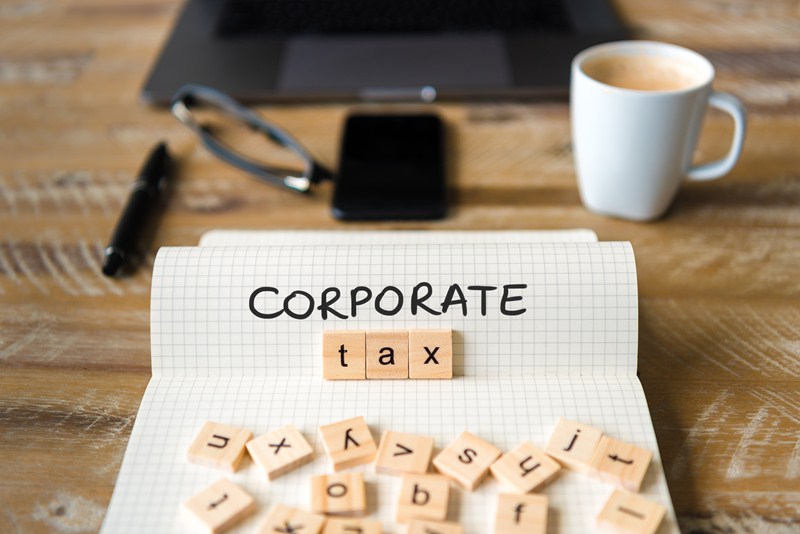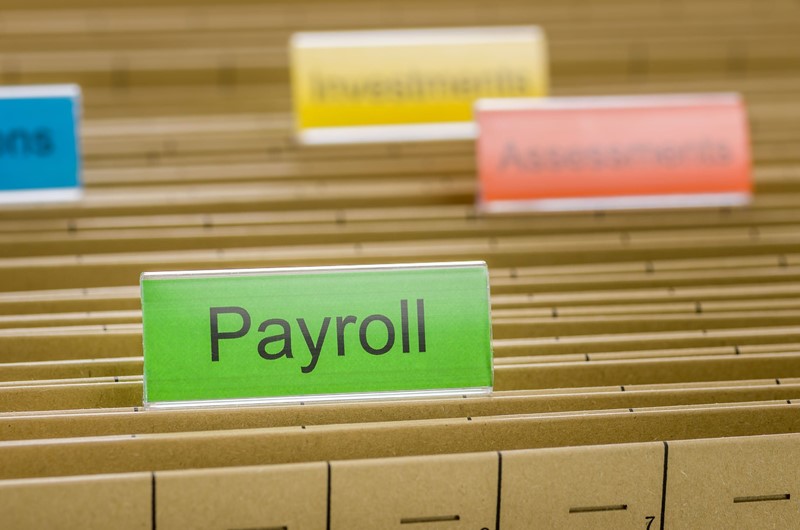Dividends received are taxed as income but the rates of tax applied are different to the formal Income Tax rates. Also, individuals can receive dividends up to the annual dividend allowance tax free. The annual dividend allowance for 2023-24 is £1,000.
The current tax rates for dividends received (in excess of the dividend tax allowance) are as follows:
- 8.75% if dividends form part of a taxpayer's basic rate band;
- 33.75% if dividends form part of a taxpayer's higher rate band; or
- 39.35% if dividends form part of a taxpayer's additional rate band.
Dividends that fall within (are covered by) your Personal Allowance do not count towards your dividend allowance. It is also possible that you may pay tax at more than one rate of tax.
If you receive up to £10,000 in dividends, you can ask HMRC to change your tax code and the tax due will be taken from your wages or pension. Alternatively, you can enter the dividends on your Self-Assessment tax return if you already file a return.
You do not need to notify HMRC if the dividends you receive are within your dividend allowance for the tax year.
If you have received over £10,000 in dividends, you will need to complete a Self-Assessment tax return. If you do not usually complete a tax return, you will need to register by 5 October following the tax year in which you had the relevant dividend income.












